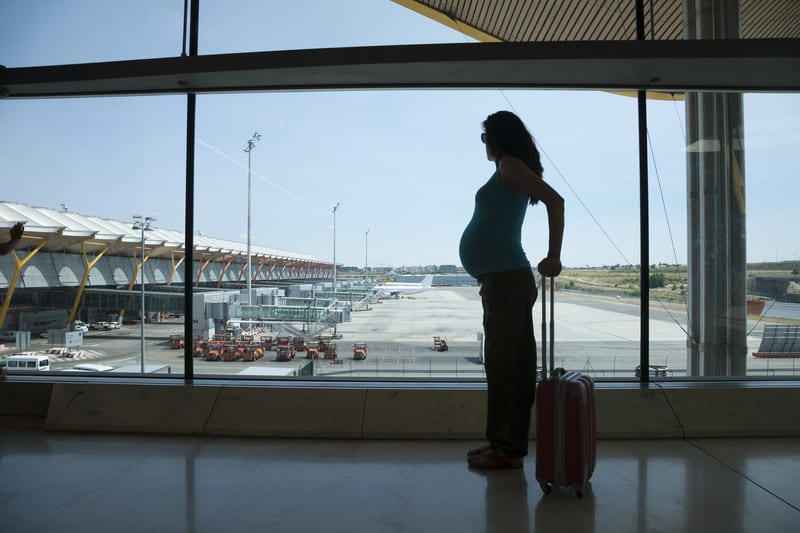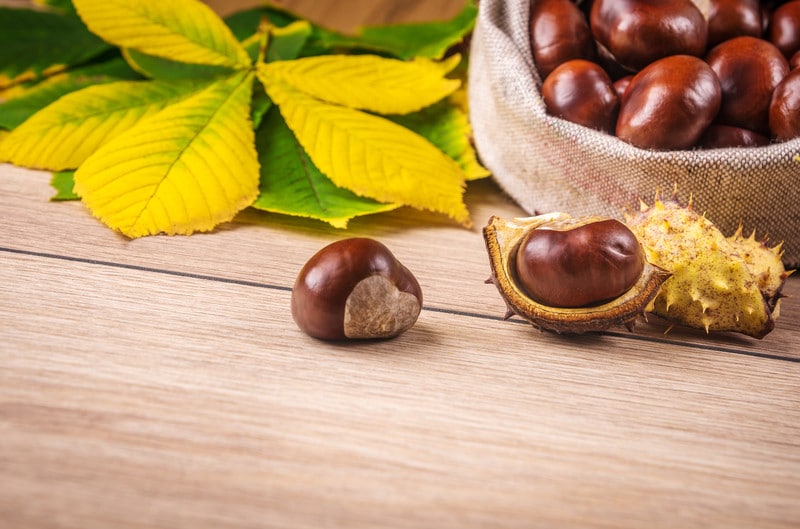
DVT and Varicose Veins during Pregnancy
DVT and Varicose Veins during Pregnancy
Pregnancy is a risk factor for the development of a blood clots with an incidence that is 4 to 50 times higher compared to non-pregnant women. Increased risk for development of a blood clot is highest in the postpartum period, with the most common occurrence of clot formation in left lower extremity and pelvis.
A blood clot, or venous thromboembolis (VTE) can manifest during pregnancy as a lower extremity deep vein blood clot, or it can break off from the lower extremities and travel to the lung, which is called a pulmonary embolus (PE). Pulmonary embolus is the seventh leading cause of maternal mortality or 9 percent of maternal deaths. Therefore, early detection of DVT during pregnancy is critical to preventing deaths caused by PE.
Pregnancy and the postpartum period are marked by the increased presence of components which contribute to the increased risk of DVT in pregnancy. Venous stasis of the lower extremities occurs during pregnancy because of two factors: increased blood volume, and hormonal changes to the lining of the veins. During pregnancy, lower extremity veins are subject to increased blood volume. Increased blood volume pared with hormonally induced dilation of the lower extremity veins leads to pooling of blood and causes incompetence in the valves. It is the pooling of blood in the veins that causes clots to form.
[read more="Click here to Read More" less="Read Less"]
People sometimes form clots because they have been sitting for too long. If you travel on long airplane flight and are pregnant, you are at increased risk of blood clots. Here are some things you can do to help prevent a clots: walk around every few hours, do not smoke, wear comfortable clothes, drink plenty of water, wear compression stockings, shift position in your seat frequently and move your legs and feet often.
Although venous intervention is not recommended during pregnancy, if your symptoms are concerning to you, an ultrasound can be performed for evaluation of DVT or venous insufficiency without harm or risk to you or your baby.[/read]
How to Treat Venous Insufficiency Naturally
Although there is no cure for varicose veins and venous insufficiency, there are certain varicose vein home treatments you can to help relieve some of the symptoms of aching legs, swelling of legs, itchy legs, leg cramps and restless and heavy legs. Varicose Veins Homeopathic Treatment For those who prefer a homeopathic approach for managing…
Read MoreDo you have Venous Disease and not know it?
Are you worried about your varicose veins? A lot of people who have venous insufficiency or vein disease do not realize they have it or how straightforward it is to treat. Symptoms of venous insufficiency or vein disease are progressive and can start as early as your teens and twenties, but will only get worse…
Read MoreHome Remedies for Varicose Veins
Can You Cure Varicose Veins? There are several conservative therapy and management of vein insufficiency options to help with the symptoms associated with varicose veins. None of these methods will prevent or fix the underlying problem. There is no cure for varicose veins or venous insufficiency, once a vein is abnormal (fails to return blood…
Read MoreVenous Insufficiency Symptoms (for active careers)
What jobs contribute to getting or worsening varicose veins? When you are in the business of taking care of other people, sometimes you get so busy taking care of them that you forget to take care of yourself. People with active lives and active legs, like fire fighters, paramedics, nurses, police officers, teachers, flight attendants,…
Read MoreWhy am I getting varicose veins during pregnancy?
Causes of Varicose Veins During Pregnancy There are a number of reasons why women get varicose veins during pregnancy. First, the volume of blood circulating in the body increases to help support your growing baby. However, veins don’t have a way to accommodate the extra volume so sometimes the veins bulge, itch, are painful to…
Read MoreWhat is a Vein Specialist?
What is a Vein Specialist? When the venous system becomes incapable of doing its job effectively, that is when a vein specialist is at their best. A vein specialist is a medical provider whose main focus is the treatment and management of venous disease. Vascular medicine is composed of two different systems, arterial and venous.…
Read MoreEssential oils for varicose veins
Can I Use Essential Oils For Varicose Veins? Essential oils can help to temporarily alleviate symptoms associated with the underlying problem of varicose veins, but they do not prevent, treat, or cure venous disease itself.
Read MoreDon’t suffer with pain from varicose veins
There are several treatments available for painful varicose veins According to recent studies, 50 to 55 percent of women and 40 to 45 percent of men in the United States suffer from some type of vein problem. Varicose veins affect half of people 50 years and older, typically found on the thighs, inside the leg,…
Read MoreArizona Heat Will Affect Varicose Veins
High Temperatures Will Irritate Varicose Veins As hot as it gets in Arizona, we can’t blame the sun for our varicose veins or spider veins as it is not the cause. However, our hot Arizona summers do cause diseased leg veins to get worse, as do hot tubs, heating packs, and prolonged hot baths. Warmer…
Read MoreRethink varicose veins and rethink smoking.
Does smoking cause varicose veins or spider veins? The noxious chemicals in cigarettes can do serious damage to your veins and arteries, whether you use tobacco products on a day-to-day basis or on occasion. The signs of damage from smoking often shows up in our vein center patients through the development of spider veins…
Read More


